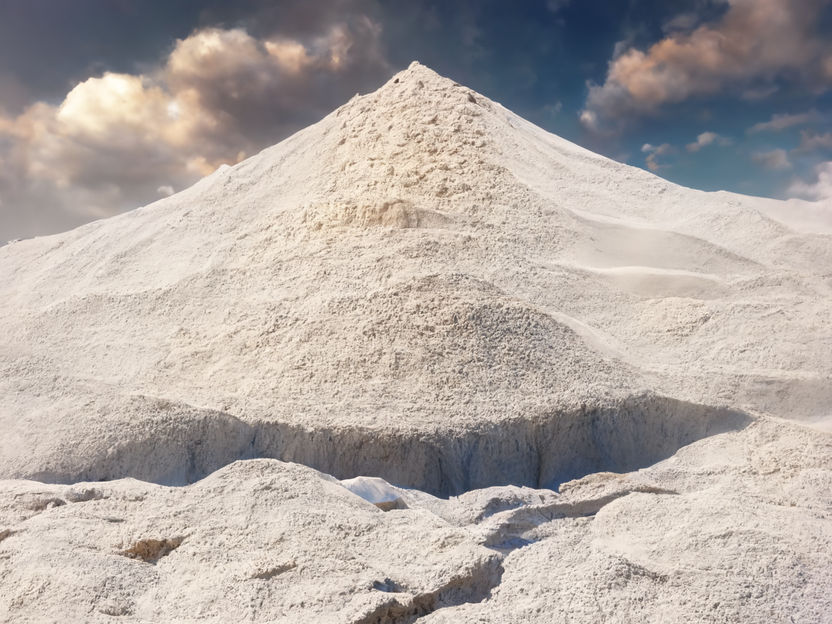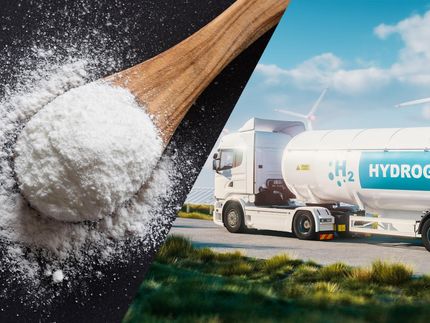Storing hydrogen fuel in salts — a step toward ‘cleaner’ energy production
This technique paves the way for large-scale hydrogen storage in solids
Advertisement
hydrogen gas could someday replace fossil fuels as a “clean” energy source, producing only water and energy. However, handling large quantities of gaseous hydrogen is cumbersome, and converting it to a liquid requires vessels that can withstand extremely high pressures. Now, researchers reporting in ACS Central Science have developed a method to store and release highly pure hydrogen with salts in the presence of amino acids.

Symbolic image
Computer generated picture
The reversible storage of hydrogen in solid salts has emerged as one potential way to make the fuel easier to transport and handle, but the reactions to do this require precious metals as catalysts and may produce carbon dioxide as an unwanted byproduct. So, Henrik Junge, Matthias Beller and colleagues developed effective storage-release systems with both bicarbonate and carbonate salts, as well as manganese, which is a more widely available metal catalyst. The researchers found that converting bicarbonate and hydrogen into formate, and vice versa, was most effective with potassium salts, a manganese-based catalyst and lysine — an amino acid that acted as an additional promoter and reacted with carbon dioxide to capture it — at reaction temperatures below 200 F. After five storage-release cycles, the reaction system produced hydrogen with a high yield (80%) and purity (99%). The team also showed that carbonate salts and glutamic acid can be part of the reusable storage-release system with hydrogen yields up to 94%. This technique paves the way for large-scale hydrogen storage in solids, the researchers say.
Original publication
Other news from the department science

Get the chemical industry in your inbox
By submitting this form you agree that LUMITOS AG will send you the newsletter(s) selected above by email. Your data will not be passed on to third parties. Your data will be stored and processed in accordance with our data protection regulations. LUMITOS may contact you by email for the purpose of advertising or market and opinion surveys. You can revoke your consent at any time without giving reasons to LUMITOS AG, Ernst-Augustin-Str. 2, 12489 Berlin, Germany or by e-mail at revoke@lumitos.com with effect for the future. In addition, each email contains a link to unsubscribe from the corresponding newsletter.






























































